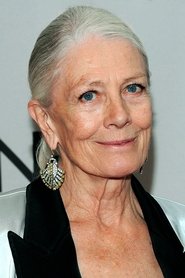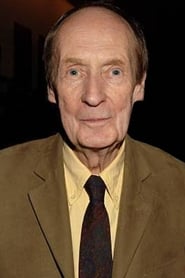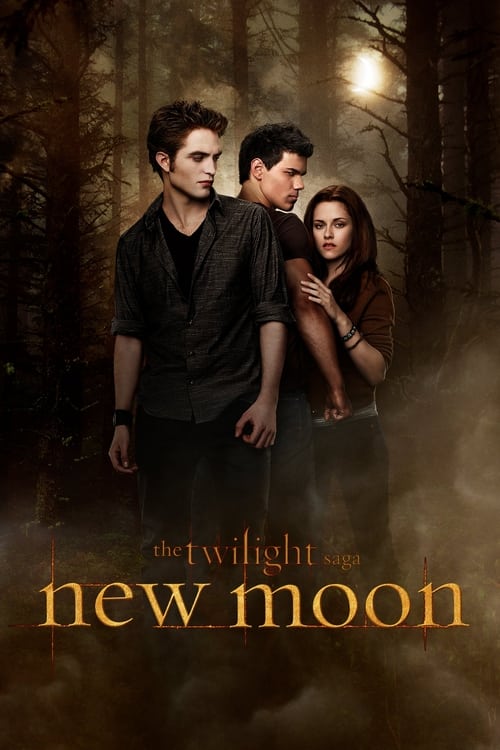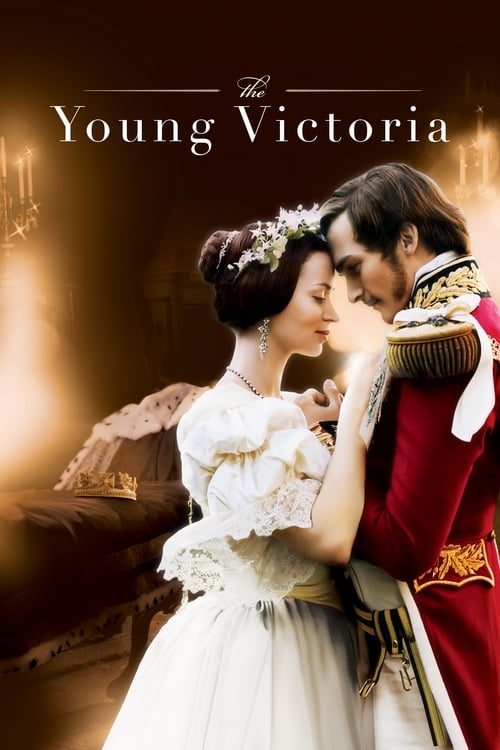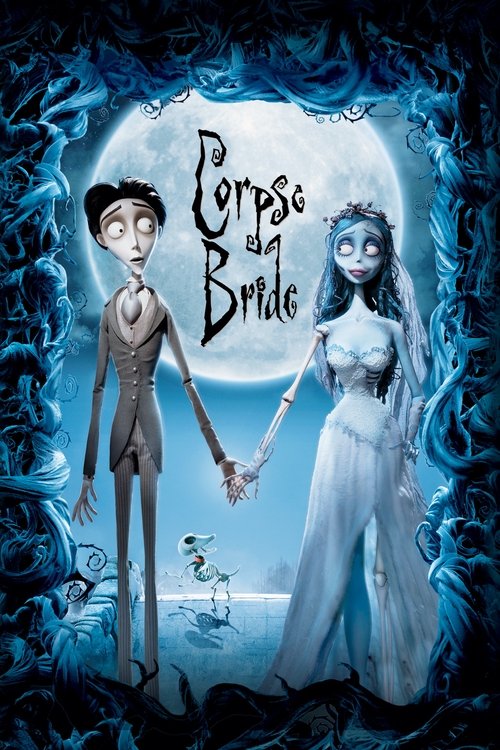
Ask Your Own Question
What is the plot?
The summer sun beats down on the sprawling Tallis estate in Surrey, England, on a still afternoon in June 1935. Inside the library, thirteen-year-old Briony Tallis sits at a desk, pen in hand, absorbed in writing a play titled The Trials of Arabella. The air is thick with anticipation--her older brother Leon is returning home from London, and the family is preparing for his arrival. Briony's imagination is vivid, her words dramatic, but her play is dismissed by her cousins as childish. She watches the world around her with a writer's eye, eager to impress, to be seen, to matter.
Outside, Cecilia Tallis, Briony's older sister, stands by the garden fountain, arguing with Robbie Turner, the housekeeper's son. Robbie, recently returned from Cambridge, is intelligent and reserved, but his affection for Cecilia is unmistakable. As they bicker over a broken vase, Cecilia, in a moment of defiance, strips off her dress and climbs into the fountain to retrieve a shard. Briony watches from the window, her young mind unable to grasp the intimacy of the moment. To her, it looks like aggression, like coercion. She misreads the tension, the passion, as something dark.
Later, Robbie hands Briony a letter to deliver to Cecilia. Briony, curious and impulsive, opens it before passing it on. Inside, she finds a note filled with longing, but also a word she's never seen before--"cunt." Shocked and disgusted, Briony's suspicions about Robbie deepen. She shows the letter to her cousin Lola Quincey, who calls Robbie a "sex maniac." Briony is both repelled and jealous, her feelings for Robbie tangled with resentment and confusion.
That evening, the family gathers for dinner. The atmosphere is tense. Lola's twin brothers, Jackson and Pierrot, go missing, and the household organizes search parties. Briony, wandering through the grounds, stumbles upon Lola in a darkened room, bruised and crying. Lola does not see her attacker clearly, but Briony, convinced Robbie is dangerous, insists it was him. She tells the police, and when Robbie returns with the twins, unharmed, he is arrested despite Cecilia's desperate pleas. The explicit letter, Briony's testimony, and Lola's silence seal Robbie's fate. Cecilia's mother, Grace Turner, is the only one who believes in Robbie's innocence.
Briony's accusation rips through the family. Cecilia, furious and heartbroken, cuts ties with her parents and refuses to accept their version of events. She stands by Robbie, even as he is taken away. Briony, meanwhile, is haunted by guilt but unable to admit her mistake. She sees the pain she has caused, but her pride and fear keep her silent.
Years pass. The world is at war. Robbie, released from prison on the condition that he serve in the British Army, finds himself in France during the chaos of the Dunkirk evacuation. He is wounded, suffering from an infected wound, and hallucinates as he lies on the beach, waiting for rescue. The once-promising future he imagined with Cecilia is slipping away. He clings to the hope of seeing her again, but the war is relentless, and his body is failing.
In London, Briony, now grown and played by Romola Garai, trains as a nurse. She seeks redemption, hoping to atone for her false testimony. She learns that Paul Marshall, the wealthy chocolate magnate who visited the Tallis estate, is about to marry Lola. At the wedding, Briony realizes the truth--Paul was the one who raped Lola that night in 1935. She confronts Lola, but Lola, now married to Paul, refuses to testify against her husband. Briony's guilt is overwhelming. She visits Cecilia, hoping to make amends.
Cecilia, now a nurse herself, lives in a modest apartment in London. Briony finds her there, and to her surprise, Robbie is also present, on leave from the army. Briony apologizes, offering to recant her testimony and help clear Robbie's name. Cecilia is cold, distant. "You'll never be forgiven," she says. Robbie is enraged, demanding that Briony accept responsibility for her actions. Cecilia calms him, and he instructs Briony on how to overturn his conviction. Briony agrees, but Cecilia reminds her that as Paul Marshall's wife, Lola cannot testify against him.
The reunion is brief, the tension palpable. Briony leaves, carrying the weight of her guilt. She continues her work as a nurse, seeking solace in service, but the past is never far behind.
The film's final act reveals the truth. Briony, now an elderly woman suffering from dementia, sits in a television studio, giving an interview about her final book. She explains that the happy ending she wrote for Cecilia and Robbie--a reunion, a life together, a future filled with love--was fiction. In reality, Robbie died of sepsis on the beaches of Dunkirk in 1940, alone and still a criminal in the eyes of the law. Cecilia was killed in the Blitz, drowned in a subway station during the bombing of London. They never saw each other again after Robbie was arrested.
Briony's book, and the fake reunion scene within it, was her gift to them--and her burden. She crafted a fictional reality where they lived happily ever after, the only way she could give them peace. The truth was too cruel, too unbearable. The final image is of Briony writing, her pen moving across the page, symbolizing her lifelong quest for atonement.
The story of Atonement is one of love, guilt, and the power of fiction to create a better reality. Briony's childhood lie unravels Cecilia and Robbie's love, weaving a poignant tale of guilt and redemption across decades. The film ends with Briony's narration, emphasizing the power of fiction to create a better reality. The final image is of Briony writing, symbolizing her lifelong quest for atonement.
What is the ending?
In the ending of "Atonement," Briony Tallis, now an adult, reveals that the story we have witnessed was a fictionalized account of her attempts to atone for her past mistakes. The film concludes with the revelation that Robbie Turner and Cecilia Tallis never had the happy ending they deserved, as they both died during World War II. Briony, now a published author, reflects on her actions and the impact they had on the lives of those she loved.
As the film approaches its conclusion, we find ourselves in a sunlit, serene English countryside, where an older Briony Tallis, played by Vanessa Redgrave, is attending a book signing for her novel. The scene is imbued with a sense of nostalgia and regret, as Briony reflects on her past. She is now a successful author, but the weight of her childhood actions looms heavily over her.
The narrative shifts back to the war-torn landscape of France during World War II. We see Robbie Turner, portrayed by James McAvoy, in the midst of battle, struggling to survive amidst the chaos. The horrors of war are palpable; the sounds of gunfire and explosions echo around him. Robbie is determined to survive, not just for himself but for Cecilia, whom he loves deeply. He clings to the hope of reuniting with her, a hope that is tragically intertwined with the reality of war.
Meanwhile, Cecilia Tallis, played by Keira Knightley, is shown in a hospital, working as a nurse. She is dedicated to helping the wounded soldiers, but her heart is heavy with the absence of Robbie. The love they shared is a beacon of light in her dark world, and she longs for the day they can be together again. However, the war has taken its toll, and the uncertainty of their future weighs heavily on her.
As the narrative unfolds, we see Briony, now a young woman, grappling with the consequences of her actions from years ago. She is haunted by the false accusation she made against Robbie, which led to his imprisonment and the separation from Cecilia. In her mind, she seeks redemption, a way to make amends for the pain she has caused. This internal struggle is mirrored in the lives of Robbie and Cecilia, who are both fighting their own battles--Robbie on the front lines and Cecilia in the hospital.
The climax of the film reveals the tragic fate of both Robbie and Cecilia. In a heart-wrenching sequence, we see Robbie, exhausted and wounded, finally reach the beach where he hopes to find safety. However, the reality of war is unforgiving, and he is met with violence and chaos. In a final, devastating moment, he is shot, and the screen fades to black, leaving his fate ambiguous but heavily implied.
Simultaneously, we see Cecilia in the hospital, where she receives news of the war's progression. The tension is palpable as she clings to the hope of seeing Robbie again. However, the film cuts to a scene of her own tragic end, as she is caught in a bombing raid, leaving her fate sealed in the same tragic manner as Robbie's.
The final scenes return to Briony, who is now an elderly woman reflecting on her life and the stories she has created. She acknowledges that the love story of Robbie and Cecilia was never fulfilled, and she grapples with the reality that her attempts at atonement may never be enough. The film closes with Briony's voiceover, revealing that the story we have witnessed was her way of seeking forgiveness, a fictionalized account of the love that was lost due to her actions.
In the end, Briony is left with the knowledge that her characters, Robbie and Cecilia, never had the chance to live the life they deserved. Their tragic fates serve as a poignant reminder of the consequences of her youthful mistakes, and the film concludes with a sense of unresolved sorrow, emphasizing the themes of love, loss, and the quest for redemption.
Is there a post-credit scene?
The movie "Atonement," produced in 2007, does not have a post-credit scene. The film concludes with a poignant and reflective ending that encapsulates the themes of guilt, forgiveness, and the impact of storytelling. After the final scenes, which reveal the truth about the characters' fates and the nature of Briony's narrative, the credits roll without any additional scenes or content. The focus remains on the emotional weight of the story rather than any further developments after the main narrative concludes.
What motivates Briony Tallis to accuse Robbie Turner of a crime he didn't commit?
Briony Tallis, a thirteen-year-old girl, is motivated by a combination of jealousy, misunderstanding, and a desire for control. After witnessing a moment between Robbie and her sister Cecilia, she misinterprets their relationship and feels threatened by it. When she sees Robbie in a compromising situation with her cousin Lola, her imagination runs wild, leading her to falsely accuse him of rape. This act is fueled by her need for attention and her belief that she is protecting her family.
How does Cecilia Tallis's relationship with Robbie Turner evolve throughout the film?
Cecilia Tallis's relationship with Robbie Turner begins in the upper-class setting of her family's estate, where they share a deep, unspoken connection. Their bond is solidified when Cecilia defies her family's expectations and openly expresses her love for Robbie. However, after Briony's accusation, their relationship is torn apart. Despite the separation caused by war and imprisonment, their love remains steadfast, culminating in a poignant reunion in the final act, where they cling to the hope of a future together.
What role does the setting of World War II play in the story of Atonement?
World War II serves as a critical backdrop that shapes the characters' lives and decisions in Atonement. The war creates a stark contrast to the idyllic yet oppressive environment of the Tallis estate. It forces Robbie into the chaos of battle, where he grapples with the horrors of war and the longing for Cecilia. The war also highlights themes of loss, sacrifice, and the impact of choices, as characters are thrust into situations that test their morals and relationships.
How does Briony Tallis's perspective change throughout the film?
Briony Tallis's perspective undergoes a significant transformation throughout Atonement. Initially, she is a naive and self-centered child, whose actions stem from a lack of understanding of adult emotions and complexities. As she matures, particularly during her time as a nurse in the war, she begins to grasp the consequences of her actions and the pain they have caused. This realization drives her to seek atonement, culminating in her decision to write the story as a means of confronting her guilt and attempting to make amends.
What is the significance of the typewriter in Atonement?
The typewriter in Atonement symbolizes both the power of storytelling and the burden of guilt. It represents Briony's desire to create and control narratives, as she uses it to write her version of events. However, it also serves as a reminder of her past mistakes and the lives she has irrevocably altered. The typewriter becomes a tool for Briony to confront her actions, as she attempts to rewrite the ending of her story and seek forgiveness for the pain she has caused Robbie and Cecilia.
Is this family friendly?
"Atonement," produced in 2007, is not considered family-friendly due to several potentially objectionable or upsetting scenes. Here are some aspects that may be concerning for children or sensitive viewers:
-
Sexual Content: There are explicit scenes depicting sexual intimacy between characters, which may be inappropriate for younger audiences.
-
Violence and War: The film includes depictions of war, including graphic scenes of violence and the aftermath of battle, which can be distressing.
-
Emotional Trauma: The characters experience significant emotional pain, including themes of guilt, betrayal, and loss, which may be heavy for younger viewers to process.
-
Themes of Class and Social Struggle: The film explores complex social dynamics and class differences, which may be difficult for children to fully understand.
-
Mature Themes: The overarching themes of regret, atonement, and the consequences of actions can be quite profound and may resonate differently with younger audiences.
These elements contribute to the film's mature rating and suggest that it may not be suitable for children or those who are sensitive to such content.







